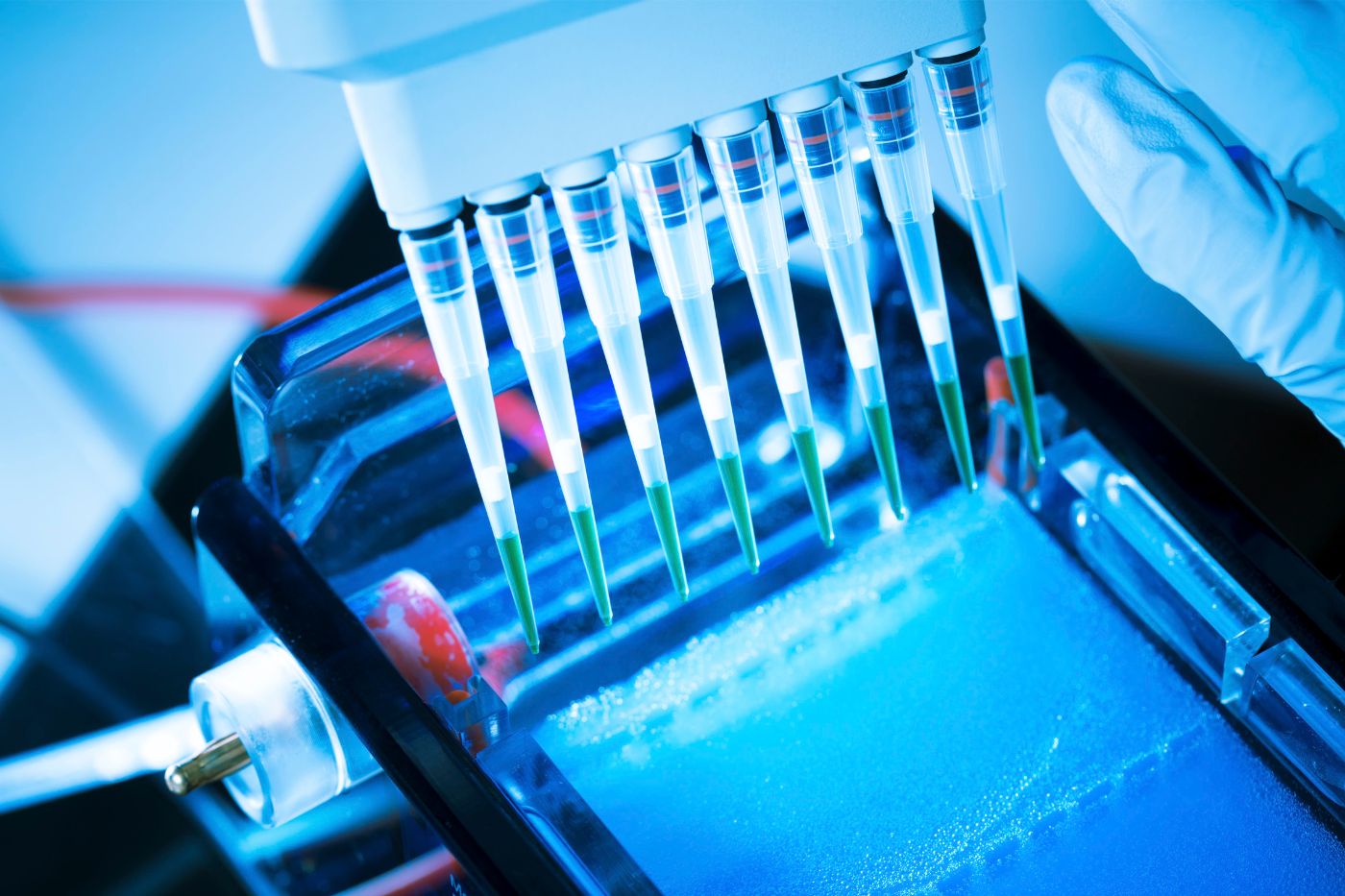Call For a Consultation (305) 373-4400
Federal Genetic Lab Testing Fraud Defense Attorney

Federal Genetic Lab Testing Fraud Defense Lawyer
Medical advances allow many to find answers for diseases and conditions that were once a mystery. One area of medicine that has seen great improvement is that of genetic testing. Unfortunately, there are those who are accused of using this technology to prey upon the vulnerability of others. If you are accused of committing fraud in a genetic test, a federal genetic lab testing fraud defense attorney can defend you.
At Barry M. Wax, Attorney at Law, we work hard to defend our clients from such damaging accusations. With our help, we can ensure that you are able to continue helping your clients find the answers they need to difficult health questions. Our firm can protect you from unnecessary prosecution by the federal government. With almost 40 years of experience, our team possesses the knowledge and skills to help you fight against fraud allegations.
What Is Genetic Testing?
Genetic testing has become a common practice for many medical professionals as another tool to help in diagnosing illnesses and diseases. By analyzing DNA, medical professionals can gain insight into the anomalies that may exist in a person’s genome, which could include a greater risk for some illnesses and diseases. Some of the ways in which genetic testing is used include:
- Diagnostic genetic testing. This type of testing is used to confirm certain diagnoses. For example, a diagnostic test can confirm whether a person may be at risk of cystic fibrosis or other diseases that result from genetic abnormalities.
- Genetic carrier testing. Some genetic abnormalities are tied to family medical history. Through this type of testing, you can discover if you are a carrier of the same type of genetic abnormality as others in your family. This can help you determine the likelihood that you may pass it on to your children.
- Predictive genetic testing. This also relates to testing based on family history. In this type of testing, the results seek to indicate if you are at a higher risk of developing certain illnesses or diseases as a result of that medical history.
As these tests became more commonplace and used in a more direct-to-consumer way, regulatory laws have expanded to keep those who conduct them accountable.
Genetic Testing Fraud
Many fraudulent claims regarding genetic testing come from those who allege that insurance companies do not cover the testing or are using the results as a way to deny coverage. However, genetic testing laboratories have become targets of federal prosecutors. Some of these fraudulent claims include:
- Beneficiary inducement provisions. This occurs when a person is offered anything of value in exchange for participating in a service that is covered by Medicare or Medicaid. For example, if a senior citizen is offered a gift card or a free medical exam in exchange for their participation in a genetic testing procedure, this would be a violation of federal law.
- Healthcare fraud. This type of fraud is very generalized and encompasses a variety of actions. In genetic laboratories, this fraud could be in the form of misrepresenting a non-covered service, billing fraud, providing unnecessary services, and more. Examples of these include ordering a genetic test for a patient the doctor has never seen, billing for services that were never provided, or providing services to patients without meeting the prerequisites for Medicare.
- Kickbacks. Kickbacks can be criminally prosecuted. This type of fraud occurs when there is a referral to a laboratory for certain services, with the knowledge that the referring physician will receive a kickback from the laboratory.
While these do not represent all the types of genetic laboratory fraud that could occur, they do represent some of the more common.
Penalties for fraudulent genetic lab testing claims could result in any of the following penalties, depending on the act of fraud and the severity of the circumstances:
- A felony conviction resulting in prison time of up to 20 years and fines of up to $200,000
- Civil penalties, including financial reimbursement.
- Referral for ethics and licensing reviews
These penalties and more can have a detrimental impact on the future of your medical profession. It can also negatively affect the future of your lab and its ability to provide potentially lifesaving services.
Fraud Defense Lawyers FAQs
Q: What Is Genetic Testing Fraud?
A: Genetic testing fraud occurs when an entity offers free genetic testing services without your physician’s referral and subsequently bills Medicare or Medicaid. It can also occur when genetic testing services are offered as part of an incentive, such as receiving a gift card. Furthermore, this fraud happens when genetic testing is recommended with the intent of receiving a kickback for offering such services.
Q: What Is Controversial About Genetic Testing?
A: One of the main controversies with genetic testing revolves around the ethics of confidentiality. Genetic testing allows a person to understand the medical history of their family, but that same medical history is protected by the confidentiality that governs the medical profession. By using test results to reveal this information, it can be argued that it is a violation of the confidentiality that doctors are sworn to keep.
Q: Is Genetic Testing Regulated by the Federal Government?
A: Genetic testing is regulated by the Food and Drug Administration. However, other federal agencies also help ensure the safety of these tests. Other agencies involved in regulating genetic testing include the Federal Trade Commission, which oversees the marketing of genetic services and testing, and the Government Accountability Office, which investigates online entities.
Q: What Is the Error Rate for Genetic Testing?
A: Research has indicated that entities whose tests were done in an inpatient setting and recommended by a genetics provider had an error rate of 8%. For nongeneticist entities, the error rate for both inpatient and outpatient testing rests around 5% combined. For genetic testing that is completed by geneticists, the error rates significantly drop.
Federal Genetic Lab Testing Fraud Defense Attorney
Providing medical information based on genetics can be a lifesaving opportunity for those in the medical field. The labs that run these tests work hard to ensure that the tests are done fairly, accurately, and with the patient in mind. However, some practices are improperly perceived and give the impression that fraud is occurring. If you are accused of federal genetic lab testing fraud, contact Barry M. Wax, Attorney at Law, and get the defense you deserve.
Copyright © 2024 Barry M Wax PLLC. All rights reserved.












